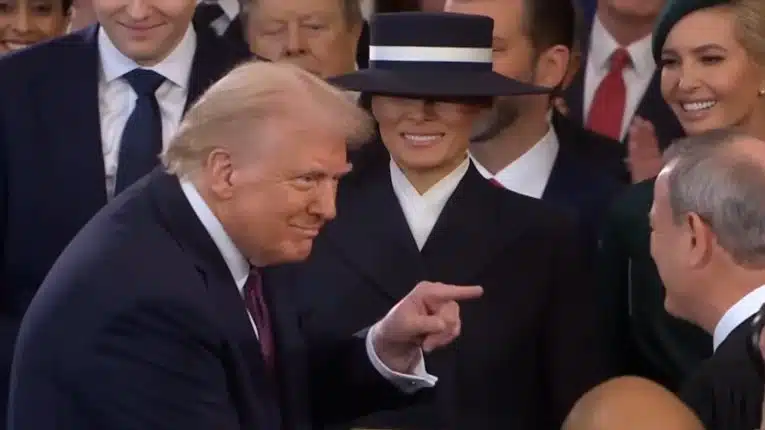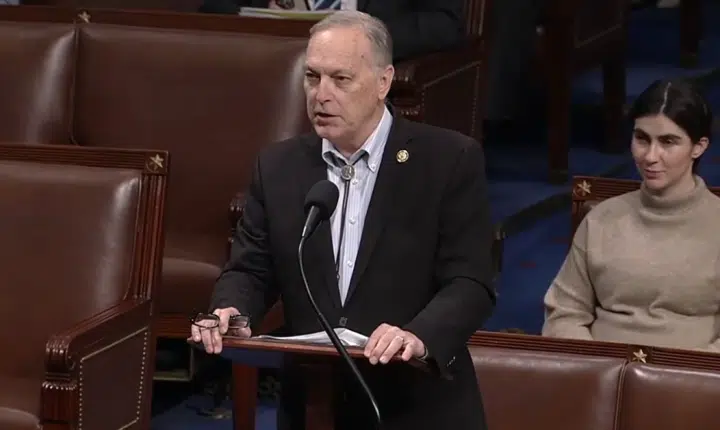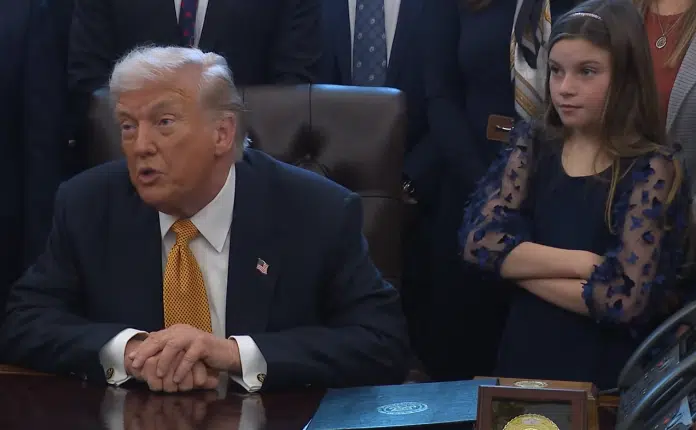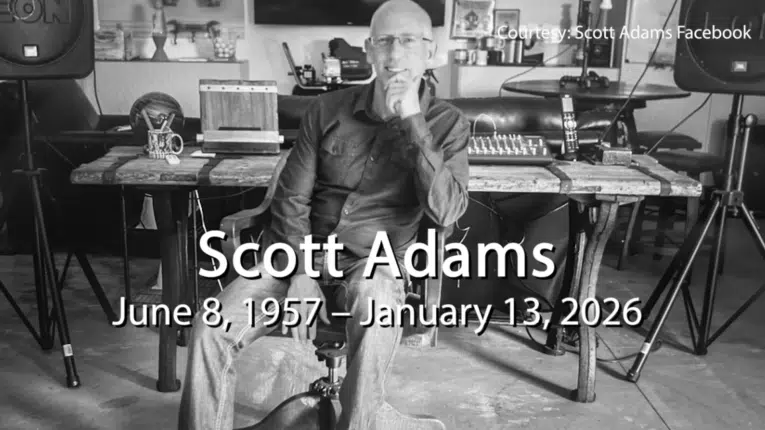By Kevin Mooney — Suddenly, Great Britain’s House of Lords is back in style and that’s good news for the free market. Some of the more forceful critics of anti-energy, global warming policy proposals are finding expression in the elite unelected chamber. There is Lord Christopher Monckton, a former member of the Conservative Party, who has repeatedly challenged former U.S. Vice-President Al Gore to debate the science behind the idea of man-made global warming; thus far to no avail.
Someone else who has been in the news recently is Lord Nigel Lawson, a former UK chancellor, who champions free trade over environmental restrictions. He is particularly critical of Europeans who have worked to erect trade barriers against China.
“It is wrong in two ways,” Lawson told ChinaDaily.com “It is wrong morally because it is asking them to slow their development down. It is also wrong in practical terms because it is quite clear they are not going to do it.”
Lawson, who authored “An Appeal to Reason: A Cool Look at Global Warming,” has been on the receiving end of intense criticism from environmentalists for taking on the scientific establishment. But Lawson is convinced he has the upper hand on the economics and on key moral questions. He is far from alone. A growing number of geologists, physicists and astronomers now question the premise of man-made global warming theories. Freeman Dyson, a British-American physicist at Princeton University, who was born in Britain, backs Lawson’s arguments.
While carbon dioxide has been vilified in a series a reports from the United Nations, and by an all too compliant media, its impact on warming cycles is far from certain, Lawson informs critics. Unfortunately for him both major parties in Britain have embraced alarmist positions on climate.
This point was not lost on Vice-President Gore when he appeared before the Senate Committee on Environment and Public Works in July 2008. There is no argument between the two major parties in Great Britain over the scientific evidence, Gore told committee members at the time. Although they are “competing vigorously” with one another, they are vying to see which party can offer the “most creative and meaningful” solution to the “climate crisis.”
When he was running for office, Prime Minister David Cameron didn’t exactly distance himself from the green energy restrictions that are at the heart of modern environmentalism. In the aftermath of the “climategate” scandal implicating the University of East Anglia, green initiatives are suddenly less of a priority from Cameron and the Tories. They have pulled back on unsound policies, but for purely political reasons.
That’s where the House of Lords is still valuable. While the political class was racing ahead with “cap and trade” schemes that were economically unsound, and as it turns out, greatly detached from scientific findings, it was in the House of Lords where skeptics found expression.
The Lord has lost power since the beginning of the 20th Century, but it still plays a valuable role. Under former Prime Minister Tony Blair, legislative changes removed all but 92 of the 750 hereditary peers. This means it is no longer possible to become a peer by family pedigree. However, Blair’s government fell short of converting the Lords into an elected body like the U.S. Senate; this for the good.
In early American Republic, each state selected two U.S. Senators, who in effect, served as ambassadors to the national government in Washington D.C., where they safeguarded local interests. But after progressivism interceded, the 17th amendment was adopted on May 13, 1913. From that point forward, U.S. Senators were elected and not appointed. Almost overnight, they went from being careful custodians of states’ rights to agents of the federal government. The end result was a rapid expansion of federal power.
Since the House of Lords remains a fully appointed, unelected body, it is in position to resist popular trends and fashionable ideas that do not hold up under careful scrutiny; like the concept of man-made global warming, which has been largely discredited by updated research.
Just as man-made global warming has been pilloried in the House of Lords, protectionist policies against Chinese produced goods have also come under fire.
Lawson has told colleagues that free trade with China should be encouraged and not criticized. Arguing that the country’s rising economic power will boost living standard for vulnerable populations.
“It [China’s growing economy] means the world is a much more competitive place, but on the whole it is an excellent thing,” he said. “It has taken millions of people out of poverty and provides a huge market for exports.”
This is the refreshing kind of free market discussion that has largely gone missing in elected bodies in Europe and America. Hopefully, the honest debate in the House of Lords will spread across the pond.
Kevin Mooney is a contributor editor for Americans for Limited Government’s NetRightDaily.com. You can follow Kevin on Twitter at @KevinMooneyDC.






